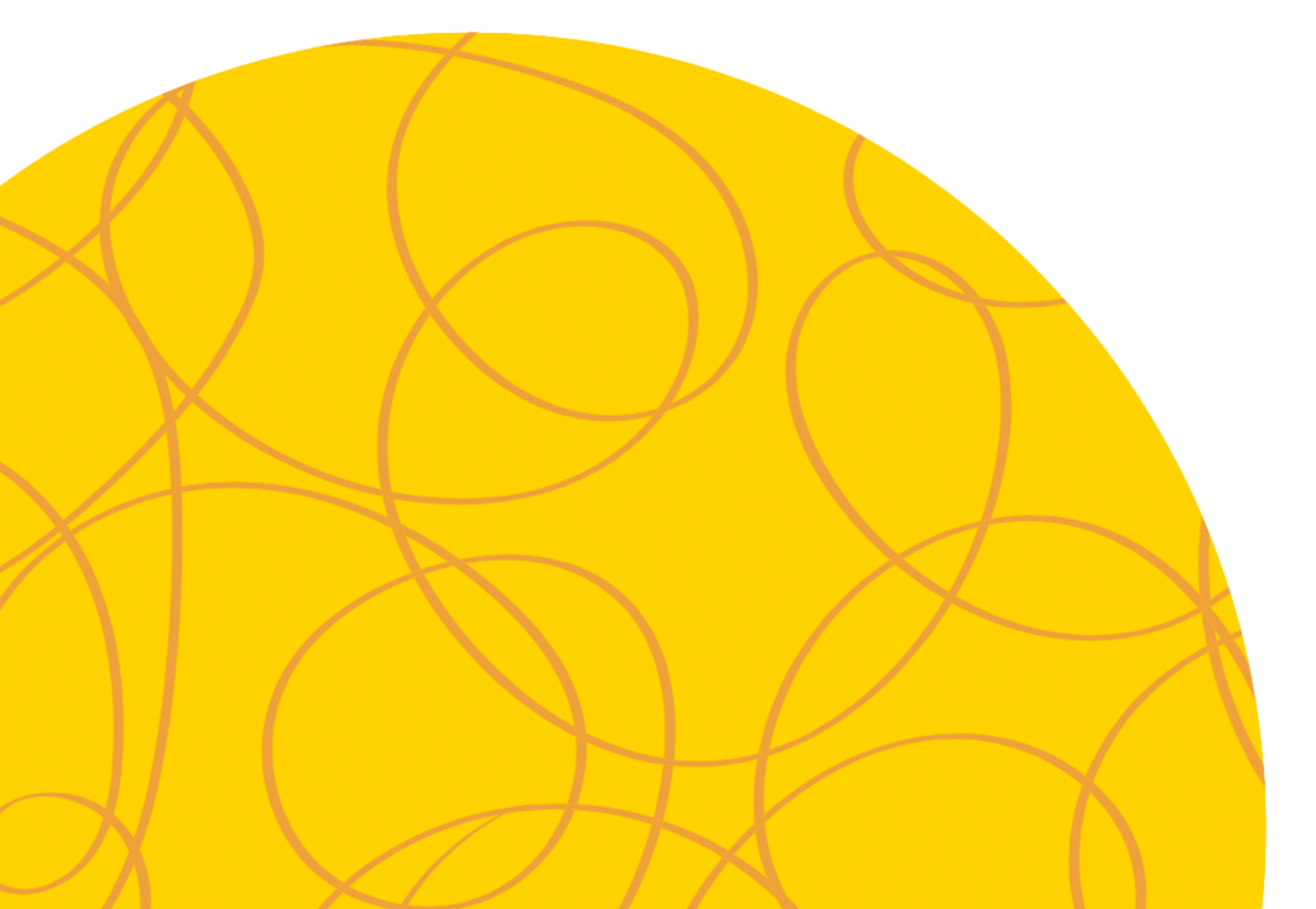Down syndrome is a genetic condition caused by an extra chromosome. In the majority of cases, Down syndrome isn’t inherited but rather occurs by chance at the time of conception.
People of all ages, races, religions and socioeconomic circumstances can have Down syndrome. In the UK, Down syndrome occurs one in every 1,000 babies.
People with Down syndrome are much more like everyone else than they are different. They have their own personalities, goals and preferences and unique characteristics that make them who they are.
What Are The Causes Of Down Syndrome?
A chromosome is a structure found inside the nucleus of a cell. They are made up of proteins and DNA organised into genes. It is these genes that determine how a baby develops in the uterus after birth.
Most babies are born with 23 pairs of chromosomes within each cell. In the most common form of Down syndrome, babies are born with an extra copy of chromosome 21. This means they have 3 copies instead of the typical two.
As a result of this extra chromosome, people with Down syndrome face extra physical and developmental challenges throughout their lives. They are more likely to face developmental delays and are at greater risk for some medical conditions.
What Are The Types Of Down Syndrome?
There are three types of Down syndrome: Trisomy 21, Translocation and Mosaicism.
- Trisomy 21: This is the most common form of Down syndrome occurring in about 94% of those diagnosed. The term “trisomy” means having an extra copy of a chromosome. Trisomy 21 occurs when a developing foetus has three copies of chromosome 21 in every cell instead of the typical two copies.
- Translocation: Around 4% of people with Down syndrome have translocation Down syndrome. It occurs when the extra chromosome 21 material translocates or moves itself to attach to another chromosome in the cell. This typically occurred with chromosome 14 or 17.
- Mosaicism: This is the rarest form of Down syndrome occurring only in 2% of those diagnosed. Mosaic Down syndrome occurs when only some of the cells in the body have an extra chromosome.
What Is It Like Living With Down Syndrome?
There is no such thing as a typical person with Down Syndrome. While people with Down Syndrome often share similar features, they vary like all people in terms of personality, appearance and ability.
Nearly all people with Down syndrome will have some level of learning difficulties. Despite any difficulties they face, with the right support in place, people with Down Syndrome can flourish and lead happy and fulfilling lives as valued members of their communities.
People with Down syndrome have a wide range of personalities, desires and goals, just like any other group of people. Some will work and live independently on their own while others may require more one-to-one support.
People living with Down syndrome may also face age-related difficulties earlier than others. Despite these challenges, people with Down syndrome are living longer and healthier lives than ever before.
Specialist Support For People With Down Syndrome
Here at Liaise, we believe everyone has the right to live to their fullest potential. We are proud to provide life-changing support to people with Down syndrome and other learning and developmental disabilities.
We deliver high-quality and bespoke support designed to enhance well-being while encouraging independence. Our support services include supported living and residential homes.
In each of our dynamic, community-based properties, people with Down syndrome can make lasting friendships, learn new skills and gain greater independence.
Every week we offer a full spectrum of engaging services and activities tailored to the needs and capabilities of the people we support. This could include:
- Daily activity programmes
- Learning practical home-focused skills such as cooking, housework and decorating
- Developing community skills such as shopping, banking and the management of health appointments
- Support in finding employment, education or volunteering opportunities, where appropriate
- Outings and trips into the local community
- Opportunities for socialising, both at home and in the community
Learn More About Residential Care And Supported Living
We are here to support and empower people with Down syndrome to live happy, fulfilling lives. If you would like to learn more about our Down syndrome support services, do not hesitate to contact us. We look forward to hearing from you.





